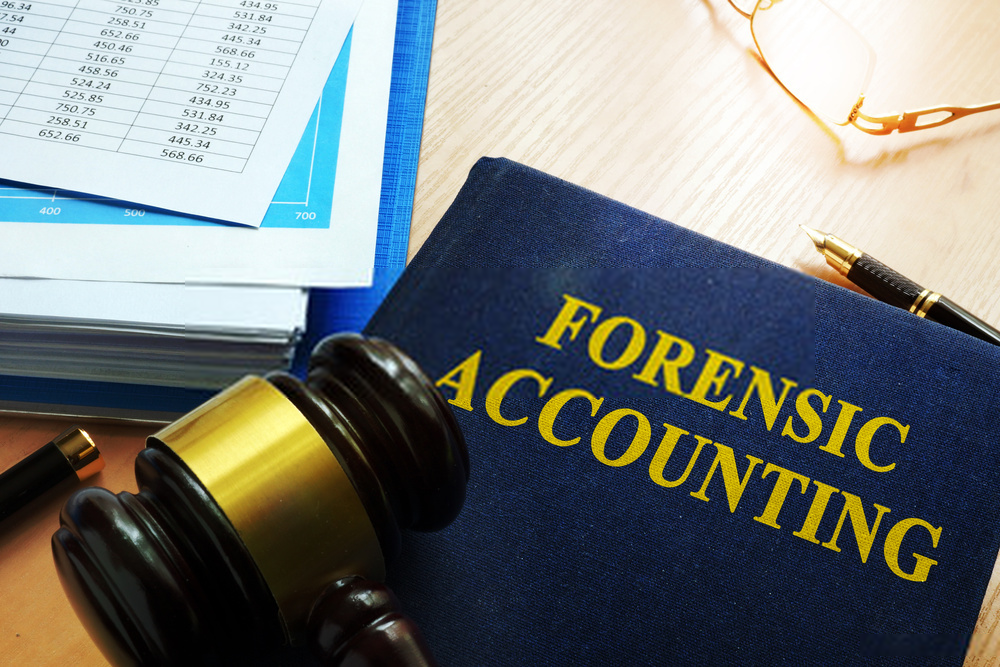Forensic accounting is becoming one of the strongest growth areas in the accounting profession all over the world. Forensic accounting is defined as the practice of utilizing accounting, auditing and investigative skills to assist legal matters. It encompassed two main areas: Litigation support represents the financial presentation of economic issue related to existing or pending litigations. Investigation is the act of determining whether criminal matters such as employee theft; fraud (including falsification of financial statements), identify theft and insurance fraud have occurred. In the western world,
Forensic accounting and investigation is gaining widespread awareness and acceptability in both the public organization and the private one. The collapse of most corporations and multinationals, has significantly awaken the need for a forensic accountant in fraud detection, using a forensic accounting techniques.
A forensic accountant takes a more proactive approach to examining the books of a company. He is a specialist, who makes no assumption of management integrity.The increasing cases of fraud in Nigeria and around the world in the recent past has been alarming, this emphasizes the invisibility of forensic accounting services. Sadly enough most of the fraud cases are not reported in Nigeria and there are little statistics to show the trend.
Meaning of Forensic Accounting
Forensic accounting is viewed as a special area of accounting that described engagement that results from real or anticipated litigation, (Wikipedia Encyclopedia, 2006). In a holistic view, “these engagements fall into one of the four categories, economic damages, fraud and other forms of economic crime”, as the use of investigative techniques, integrated with accounting to develop information and opinion for evidence in court and for use by expert witness.
Also, forensic accounting is simply the process of interpreting, summarizing and presenting complex financial issues clearly of law as an expert witness. (Howard and Sheetz, 2006).
